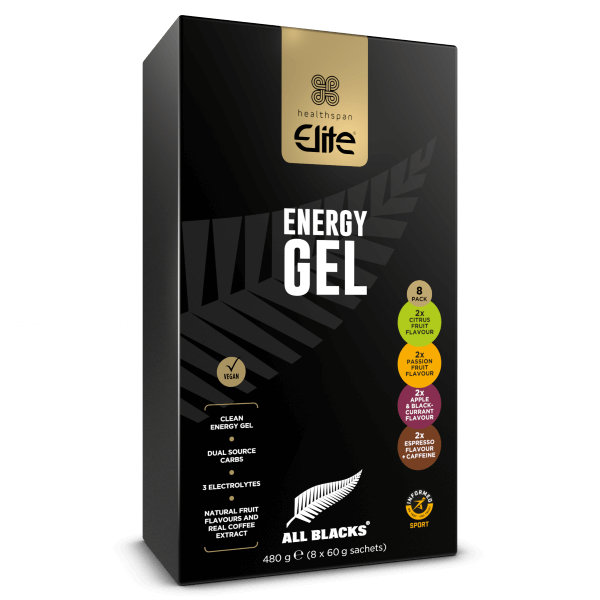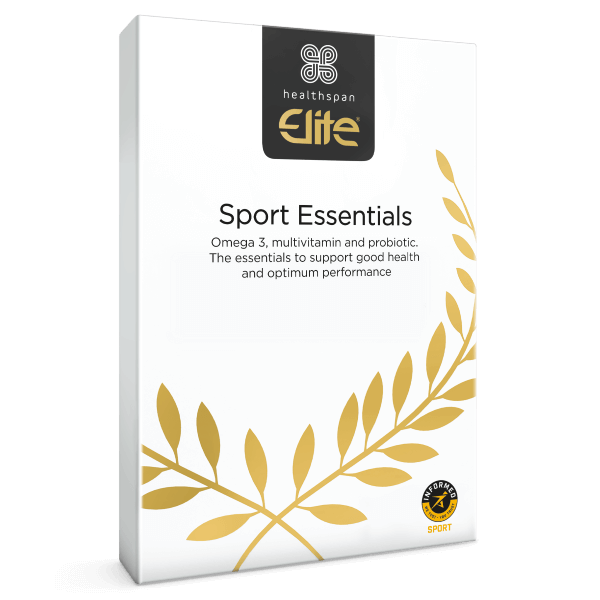With the average Premier League Footballer covering upwards of 10km in a 90-minute match, the energy demands in football are intense. Almost 600m of this 10km will be covered at full sprint speed and over the whole duration of the match the heart rate is at about 85% of the maximum rate, equating to an energy expenditure of 1,600 kcal.
It's no wonder, then, that the foods we consume in the lead-up to a game have an important impact on performance, particularly in the latter stages of matches when the energy stores become depleted.
Although the energy demands in amateur football may not be quite as great, a sensible approach to match day nutrition will help to maximise your potential on the pitch and the match day nutrition practices in professional football are easy to replicate.
Breakfast (pre-match):
Porridge is packed full of slow-release carbohydrates that will ensure that your muscle glycogen levels are topped up. If you have an early morning kick off you should try and eat about 2-3 hours before kick-off. If your kick-off isn't until the afternoon you may wish to eat something more substantial at breakfast – a good option is poached eggs with wholemeal toast.
Lunch (pre-match):
If you are working towards an afternoon kick off your lunch will be your pre-match meal. Again, this should be consumed two to three hours before kick-off to ensure your body has time to digest and absorb the nutrients. The focus of your meal should be carbohydrates and may include a small amount of protein. Options that you could consider include baked potato with tuna or a chicken breast with pasta salad.
If you don't have time to eat a second meal then you could consider a snack like a banana, cereal bar, sports drink or energy gel to give you a spike in energy in time for kick off. It's also important that you don't neglect your hydration.

All Blacks Energy Gels
Fast-acting energy gels with delicious natural flavours
- Delivers fast-acting energy
- 25g fast-acting carbs and 3 electrolytes
- Apple & Blackcurrant, Citrus Fruit, Espresso (with Caffeine) and Passion Fruit
Dinner (post-match):
After the match your attention needs to turn to recovery. To make sure you get the most out of the game you need to introduce some protein into your meal; fish or chicken with pasta are good options. Your body and in particular your joints come under stress over 90 minutes, as you are continuously on the move and changing direction.
The omega-3 fatty acid EPA has an anti-inflammatory effect that can help, so if you aren't consuming oily fish through your diet you should consider adding a supplement such as Healthspan Elite's Omega 3 Pure EPA 1g or Elite Sport Essentials into your match-day regime.
Don't Forget Your Supplements
Even if you do manage to eat the perfect match-day diet, don't forget your supplements, as they still have an important role to play. There are three essential supplements I encourage players to take on a daily basis: Multivitamins, Omega 3 and Probiotic. Multivitamins play an important role in releasing your energy stores, containing vitamin B6 which helps in the metabolism of macronutrients.
Probiotics help to maintain a healthy digestive environment aiding in the uptake of protein, but also helping to avoid any nervous digestive problems.

Elite Sport Essentials
Three essential supplements to support good nutrition and optimum performance
- Multivitamin, omega 3 and probiotic
- Convenient daily tear strips
- Supports energy levels, recovery and digestive health
Match Day Tips
- Pre-match focus on slow-release carbs to top up your glycogen stores
- Ensure you eat 2-3 hours before kick-off
- Don't neglect your hydration
- After the match switch your attention to protein for recovery







